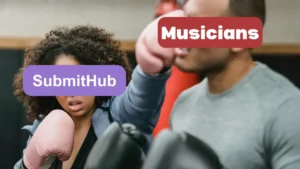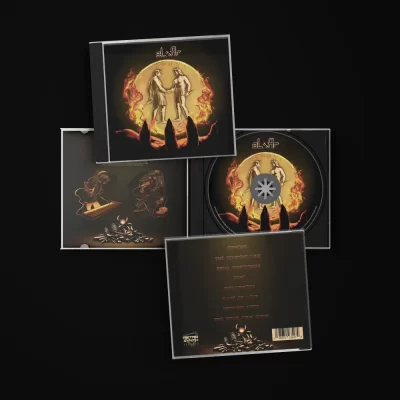In general, the chain of commerce is divided into three phases:
Creation: One or more individuals create a product.
Distribution: A middleman, such as a store, purchases the creations and then resells them to the public.
Sales: The middleman sells the product to its customers.
If we translate this into musical terms, we can see that musicians/producers/singers are the creators responsible for phase one, music streaming services are the middlemen of phase two, and listeners are the customers of phase three.
The role of a music streaming service becomes clear: to be a meeting point between creators and listeners, selling listeners a product that is provided to them by the creators.
This simple truth is the now-lost and denied identity of streaming services, which seem to aim more at exploiting musicians than at collaborating with them.
To get to the point more easily, let’s talk a little bit about how a store works and the importance of advertising.
How does a shop work?
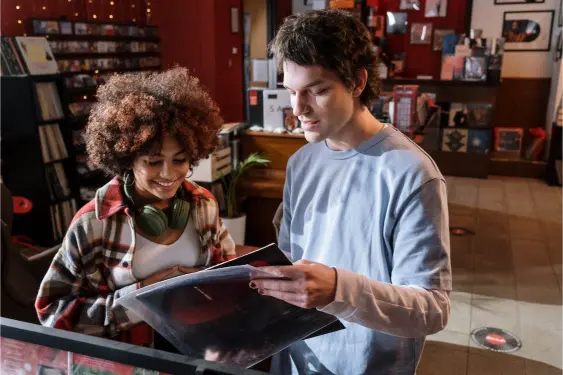
One or more rooms generally full of shelves filled with more and more products.
Advertising posters that direct customers to the most popular products. Staff that is ready to help, answer questions, direct customers to the departments and sections that interest them and that they do not know how to find.
We all agree on this “store” mechanism, I hope?
Then let’s move on to talking about the importance of advertising.
Paid ADS and Organic Growth
The growth of an artist has not been based on musical quality for years: you need advertising, better advertising than others, advertising that must be constant and well-thought-out, spread like wildfire on every online and offline platform.
This means either having a substantial budget available or extraordinary communicative/manipulative skills on social media to keep everyone’s eyes on us as much as possible and, as a consequence, also on our music.
This necessity, although often in direct contrast with the artistic vision, is an unfortunate fact of the social system in which we live and therefore, unless there are changes to the system itself, its importance cannot be questioned.
This type of advertising is paid for by the creators themselves, or by whoever is the entity to whom the creators have transferred the rights to their creations, not by the intermediaries and it is not the type of advertising that interests us, so let’s accept its existence and move on, deleting it from memory for the rest of the article, even though we are aware that it is an important 50% of the total.
There is another type of advertising, the “internal” advertising of the intermediary, composed of posters and, above all, staff ready to help customers.
This advertising is always managed by the intermediary itself since it takes place within its property, its “store”.
This is the advertising that interests us, the one on which all the following arguments of the article are based.
The deep identity crysis of music streaming service

Streaming services are nothing more than “middleman stores” aimed at bringing together musicians and listeners.
It is therefore surprising that almost all of them have ZERO systems aimed at this meeting.
It is this decision to completely eliminate the equivalent of the staff that listens and suggests that makes these streaming services useless for artists.
It is this lack of understanding/acceptance of what a music streaming service really is that has allowed only one service, Spotify, to be the reference for artists worldwide to date.
It is this stubbornness in wanting to reject this simple principle that, despite the strong competition between streaming platforms in terms of listeners, makes Spotify a MONOPOLY on the artist side.
In fact, only Spotify has implemented systems, more or less functional, that allow artists and listeners to find each other within the platform, while all the others, such as Tidal, Deezer, etc., seem convinced that they do not need to do anything about it, relying on the fact that musicians will always have to pay to reach an interested audience.
Spotify: The elephant in the room
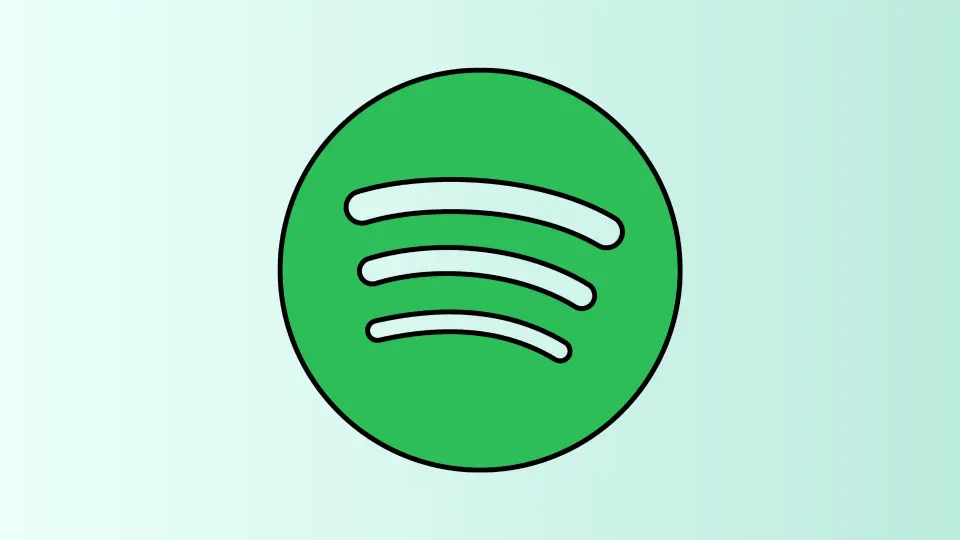
It’s mathematical: every year Spotify makes a business decision that leads artists to announce they will leave the platform and that they will not bend to the constant exploitation to which they are subjected.
Yet in the end they all (or almost) always stay there; and if they really leave, they come back.
The reason is that Spotify is the only platform with systems in place to organically connect artists and listeners, without the arbitrary need for the artist to shell out money.
Editorial playlists, algorithmic playlists, the “Fans also like” section that suggests similar artists… are all imperfect systems but they exist and, at least in theory, allow a musician to focus on creating music knowing that, if they are lucky, with a bit of luck, their music could be found by thousands of people without any further need.
An example of the mechanism can be my secondary project “The Magic Portal”: never advertised but suddenly chosen for an editorial playlist, reaching more than 10,000 listeners in less than a month in a completely organic way.
Since Spotify is the only platform with these systems in place, from the “artists” side, the platform can easily be considered a MONOPOLY; and we all know what that means, right?
That it can do whatever it wants, year after year, without real repercussions, because for artists there is no real alternative.
Tidal: Missed Chance

Tidal is, under many aspects, the best streaming platform available: attractive graphics and logo, superior sound quality, a well-designed and functional app, and the best payment method on the market.
But what about the artist’s potential for organic growth? Zero.
If Tidal implemented systems aimed at the organic growth of artists, it would be the top choice for almost all musicians. However, to date, no steps have been taken in this direction.
To be fair, some timid steps have been taken recently (late 2023 for those reading this article in the future), through the creation of an internal collaboration system.
The idea, I imagine, is that through collaborations, an artist can get to know the listeners of another artist, allowing them to grow.
This is an ingenuous thought, which does not in the least take into account the personal artistic vision of each creator.
It treats music as a mere commercial product, eliminating its true essence, which is intimate and personal.
I am sure that for every musician who will use the service, there will be at least 5 who will not do so simply because they are not willing to give up their vision in favor of exposure due to collaborations that they feel are “forced” in order to grow.
With a little more consideration for artists, Tidal could be the ultimate music streaming service, but for now, it is not there yet.
SoundCloud: Good service totally ruined by mad choices
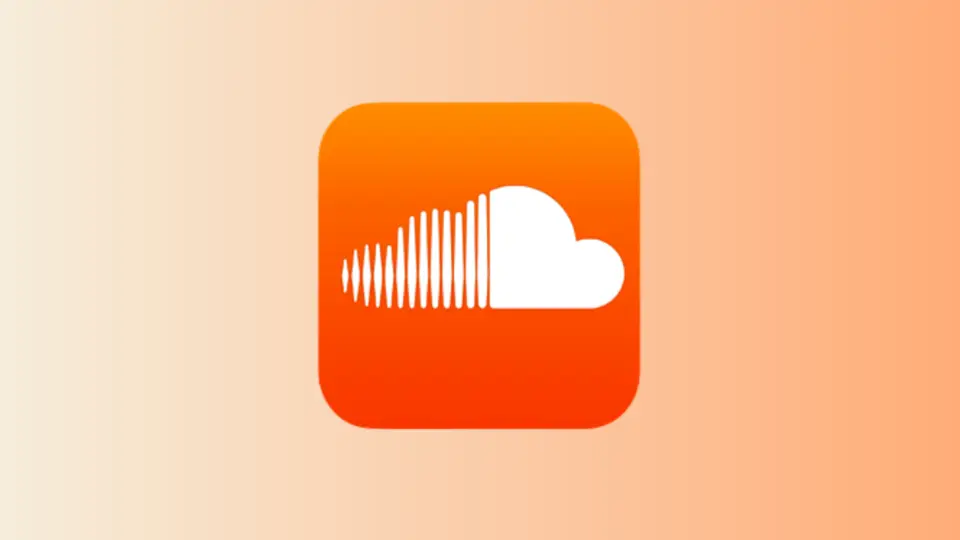
Soundcloud has everything: it is easy to use, does not require external distributors, allows artists to be found by genre, has social features that enable organic growth through sharing and comments, and playlists.
…and yet it is still the WORST service around thanks to one fundamental and misguided decision: artists are forced to pay a monthly subscription to receive their own royalties and to upload more than a certain amount of music.
This decision is so crazy that it transforms what could be (and has been in the past) one of the best music streaming service around into something useless.
Apple Music
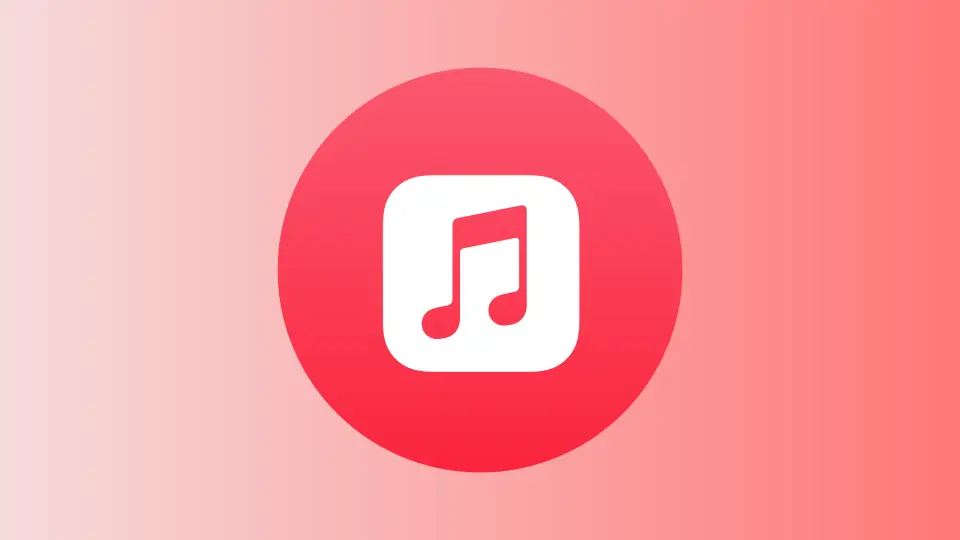
Good audio quality, presence of playlists, but, once again, zero systems aimed at the organic growth of artists.
Of course, there are editorial playlists and many different types of “mixes,” but the impossibility for artists to submit their music to editors makes this service completely useless because, no matter how good they may be, they cannot evaluate something they have never heard.
Deezer & Amazon Music
Same limitations as Apple Music, with artists unable to submit their music for inclusion. Deezer also takes the prize for the worst royalty calculation platform on the market.
There’s not much else to say, honestly.
Conclusion

The life of a musician is divided between creation and promotion; in turn, promotion is divided between active promotion and, let’s say, passive promotion.
Active promotion is the one we do on social media, magazines, television, and for which we often have to spend our, generally few, money.
Passive promotion is the one that the streaming music platform to which we provide our creations should do for us so that it can “spread them.”
This, and it must be clear beyond any doubt, is the role of these streaming music platforms: to bring together musicians and listeners.
In the moment in which these platforms refuse this identity and pretend that it is the musicians who have to pay for the exposure, the question becomes: what are these services still good for?
Paying to pay, considering that the inclusion itself on these platforms costs the cost of a distributor (Distrokid etc…), it is much more advantageous to remove your music from all platforms and direct listeners to your own website, your own bandcamp store, your own Ko-FI store (by the way, on ours you can download everything for free and donate something only if you want to help us stay afloat, give us a visit) rather than pay to make sure that a streaming platform that doesn’t care about spreading our creations to the public earns money through advertising contracts and/or the subscriptions of listeners to whom they will never put our music in front of on their own initiative.
I believe it is time for these platforms to take a real, deep, conscience examination and start competing not only on listeners but also on artists, remembering what their true identity is: that of an intermediary that exists with the ONLY PURPOSE of uniting listeners and artists, not that of making money on their skin and on the money they spend.
All the best,
Luca

